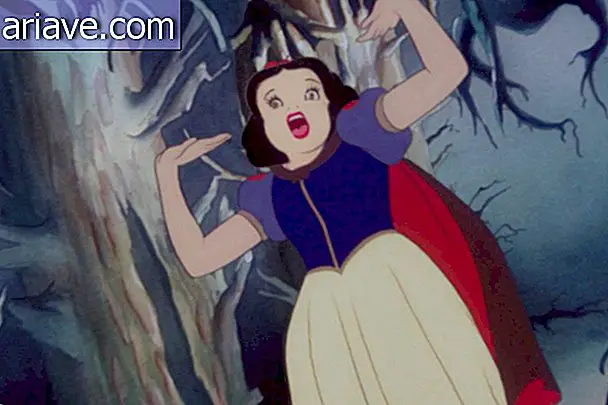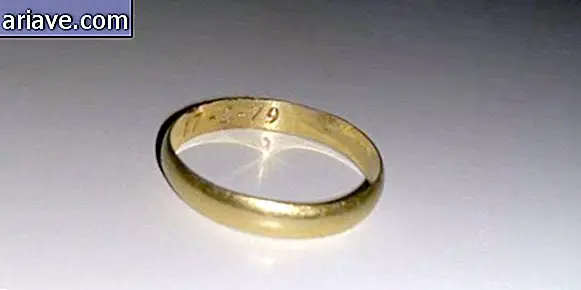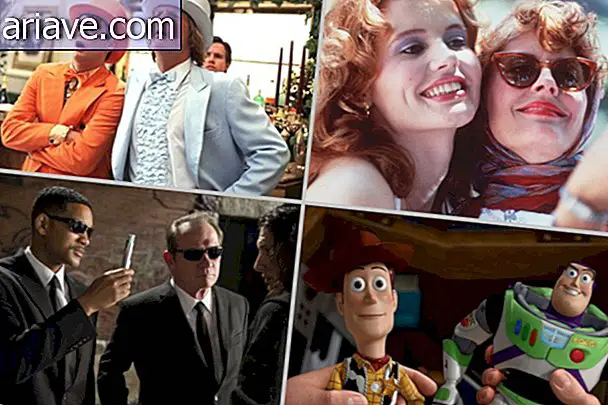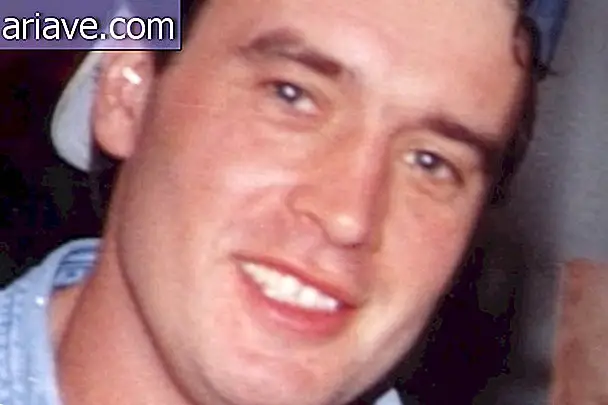5 fictional languages you can learn if you want
JRR Tolkien was such an amazing guy and such a thoughtful father that he wrote “The Hobbit” to entertain his children. In addition, the guy was a linguistics teacher and had easy words, so much so that he ended up creating two languages for "The Hobbit" and also "The Lord of the Rings." But Tolkien was not alone in developing a new language. Here are some languages designed especially for fiction work that you can learn from:
1 - Quenya and Sindarin
Since we start by talking about Tolkien, let's remember the two main languages the genius created. Quenya is one of the oldest and most spoken languages in Middle Earth, which you may also know as a "mature Elven." To develop the language, Tolkien used the Finnish language as a base (he was fluent in over 12 languages).
Creating a language also means inventing an alphabet and stipulating sounds for letters and vowels. Tolkien created the tengwar alphabet and named the vowel sounds tehtar.
Sindarin, also present in "Lord of the Rings", was inspired by Welsh and was touted as the most popular language in Middle-earth. If you are the type who is interested in learning Elven languages, be aware that there are many online dictionaries that help beginners. In the case of Quenya, there is even a specific course for those who want to learn. Same for Sindarin.
2 - Ofidioglossia
Harry Potter fans surely remember the official language of Slytherin Salazar. The language used by the feared Voldemort when communicating with his snake has an absurdly difficult pronunciation, so much so that only those born with the gift of speaking that language can pronounce the complicated words it has.
Harry Potter, even without the gift, can still speak his tongue after being invaded by a fragment of Tom Riddle's soul. If you want to play polyglot Harry Potter, click here and translate any word into the snake's language.
3 - Nadsat
Stanley Kubrick was able to shock the viewer who decided to watch "Clockwork Orange" ever in his life. The film's "ultraviolence" is just one of the factors that keep us wide-eyed - not as much as Alex DeLarge, the main character, thankfully.
If you saw the movie you probably remember the peculiar way the characters spoke. The expressions used by Alex and his cronies are the result of a mixture of cockney (British dialect) with Russian. It is not a language itself, it is more a gathering of expressions. If you would like to check out a complete dictionary with these ultra-weird expressions, click here and enjoy yourself.
4 - Klingon
Not only did “Star Trek” make Klingon a familiar language, but The Big Bang Theory also contributed a lot to it. In 1979 James Doohan, who lived in Scotty on "Star Trek", improvised when speaking in Klingon and ended up making up some words. Based on these, Marc Okrand created the language.
There are people out there who enjoy the language so much that they devote their lives to studying it. It's hard to understand the Klingon language because it doesn't look like any other real language. There is even an academic institute dedicated to disseminating and translating the bizarre language. Even Shakespeare's "Hamlet" has already been translated into Klingon.
5 - Dothraki
Which Game of Thrones is a worldwide hit you already know, but did you know that the Dothraki language was much smaller in George RR Martin's book series than it is today in the HBO series? The idea of expanding the number of entries was to bring the language spoken in the book even more complex and complete to the series.
Just to give you an idea, over 3, 000 words make up the dothraki dictionary, which is a mix of the languages spoken in Russia, Estonia, Turkey, Kenya and Canada - whew! Who created the new words was David J. Peterson, whose job is precisely to invent new languages.
A survey released by the BBC showed that more people are exposed to Dothraki language weekly than Welsh, Irish and Scottish together! Want to know a little more about the language spoken in Game of Thrones? Then go to this site, maintained by Peterson himself, and then tell us how your progress is going.











